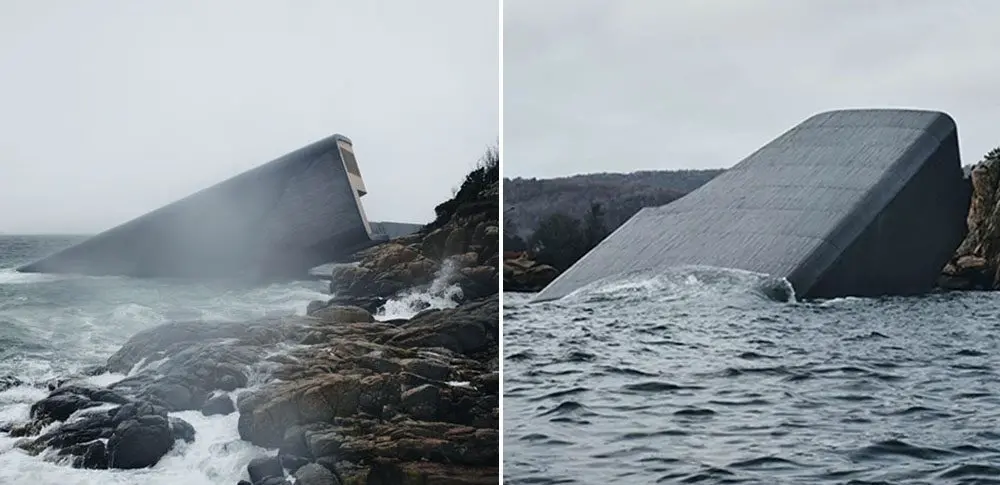Enjoying a delectable meal while surrounded by the beauty of underwater marine life is something we could only dream of. But this dream can now become a reality. Norway unveils the first and the largest underwater restaurant that you’ll certainly add into your destination list.
This breathtaking underwater restaurant goes by the name Under for so many reasons. In Norwegian language, the word under basically means two things: below and wonder. And since the restaurant is located underwater, it seems only fitting to call it Under. Designed by Snøhetta, this 495-square meter restaurant offers a total seating capacity for 100 guests.
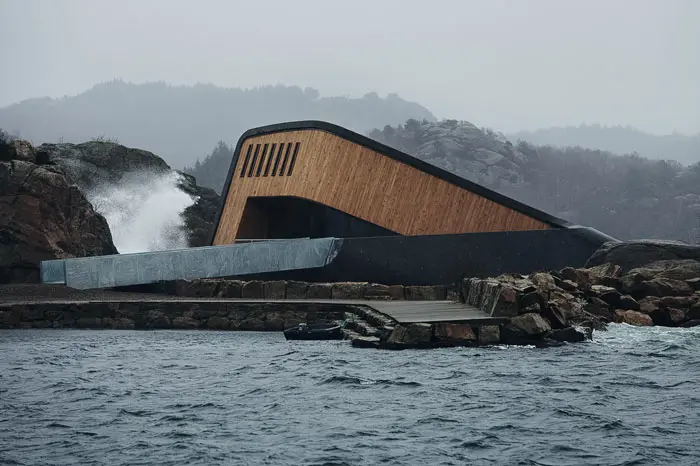
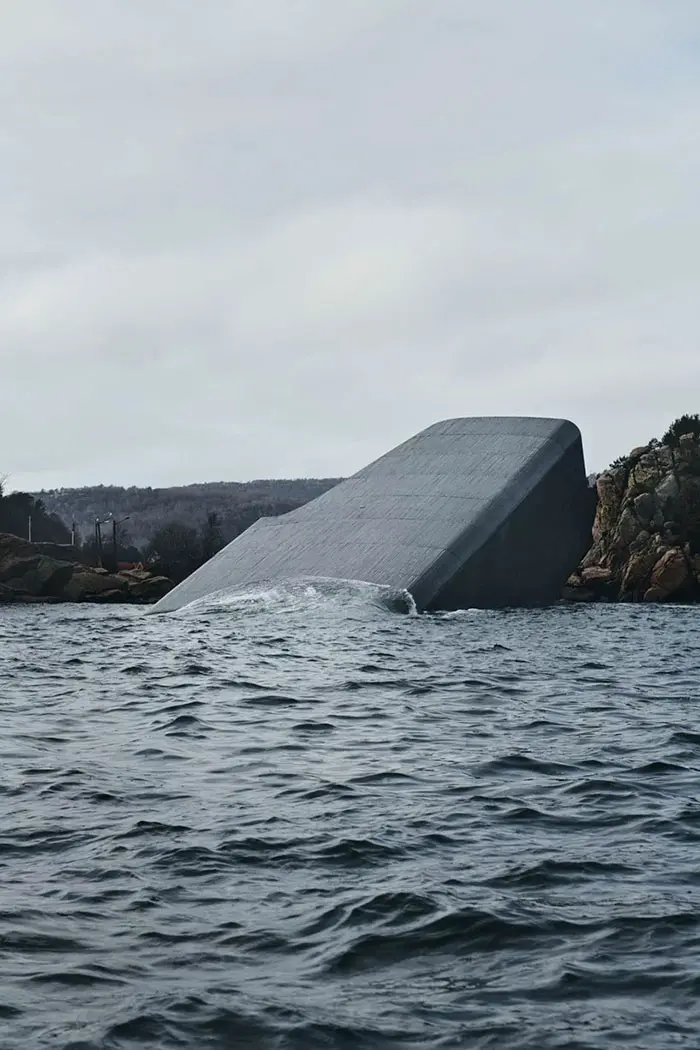
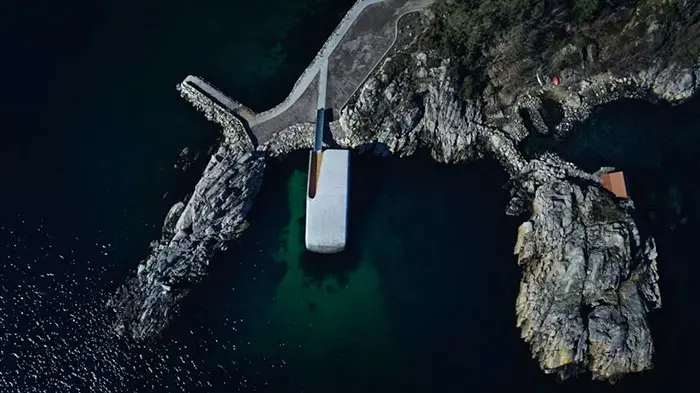
Underwater Restaurant View
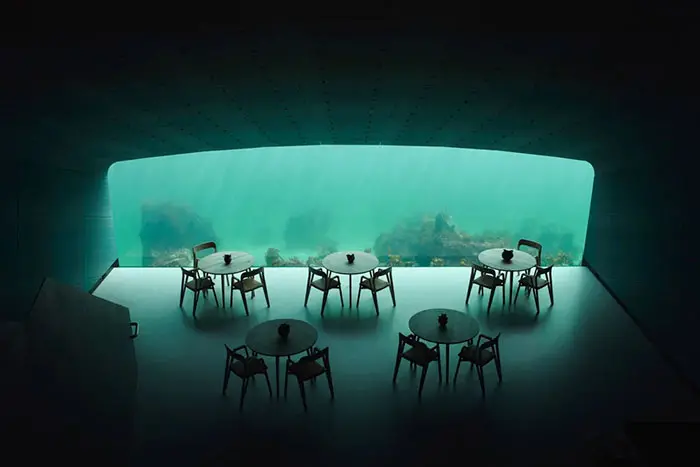
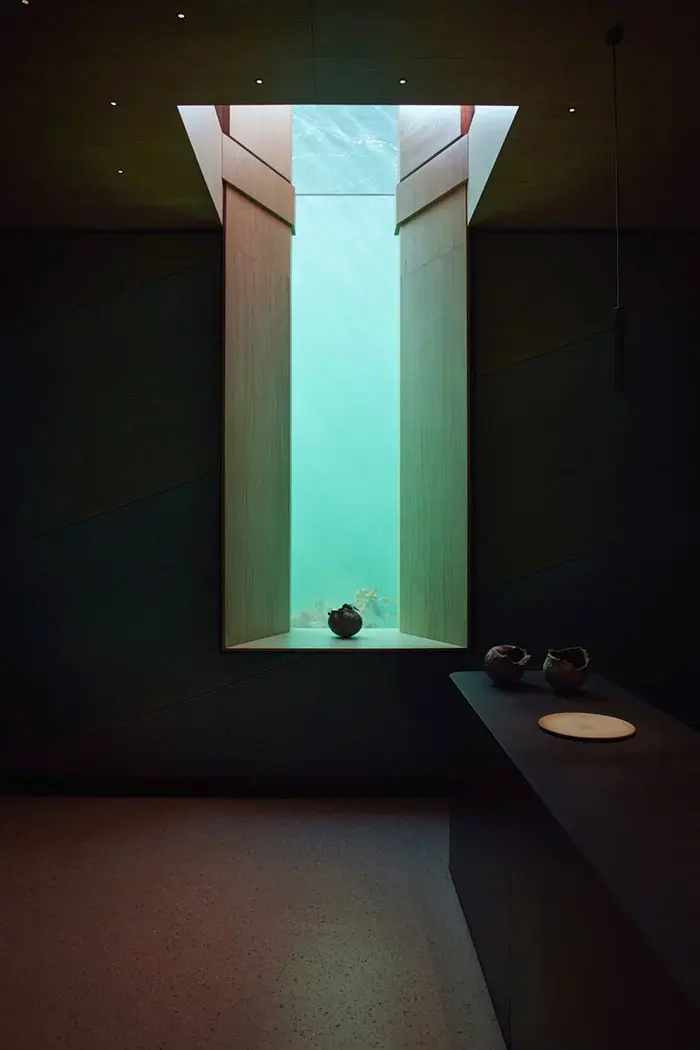
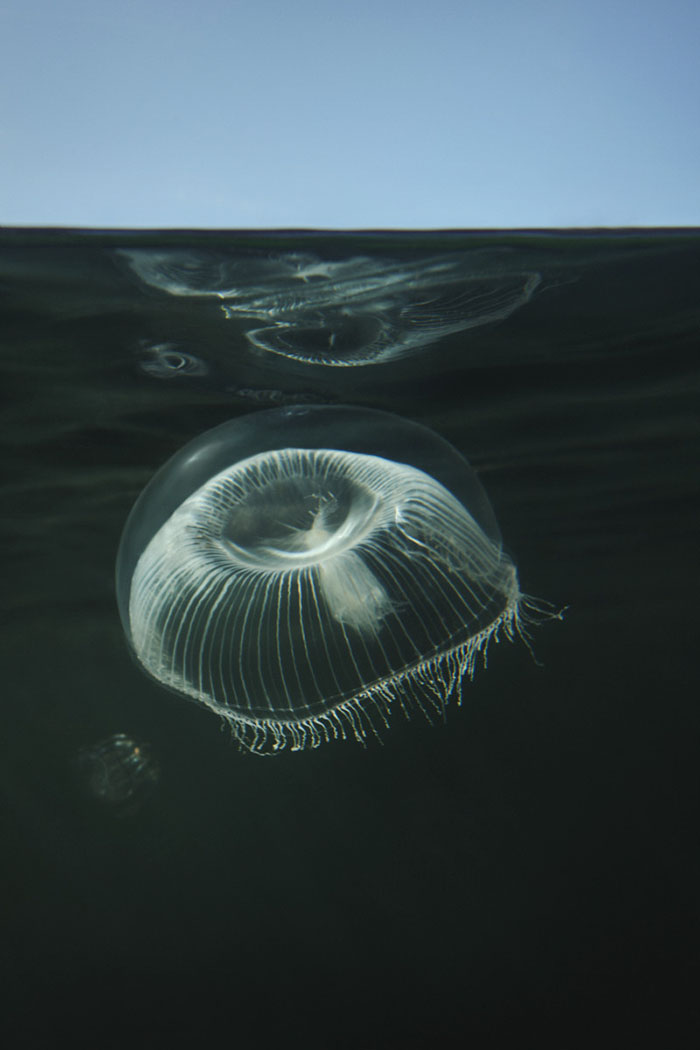
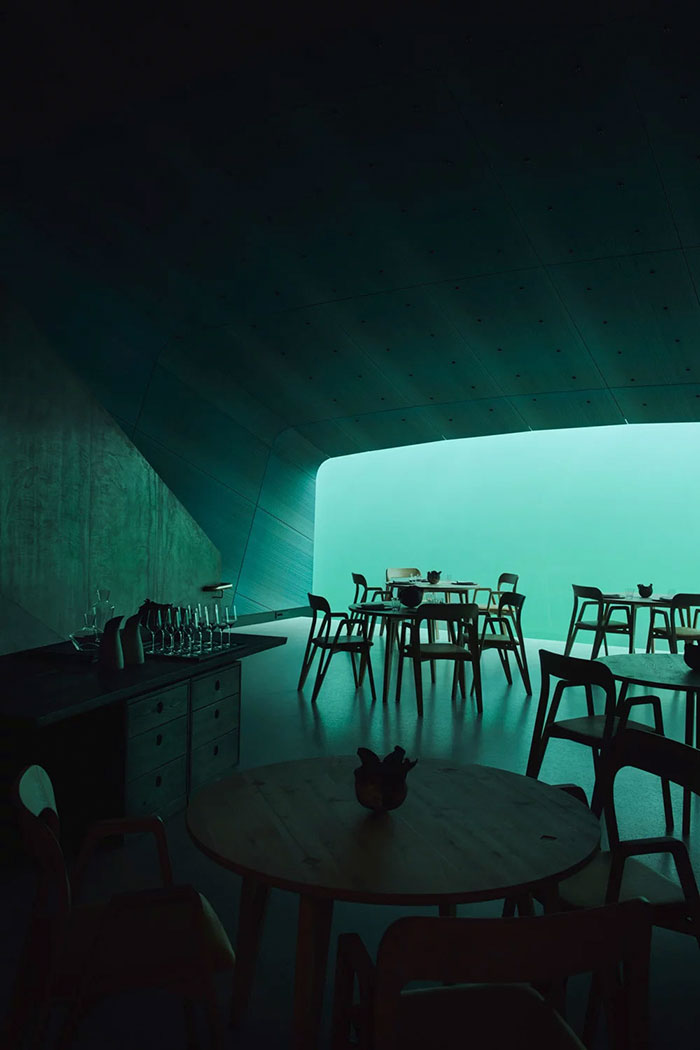
First of its kind in Europe
Resembling a half-sunken periscope, the world’s largest underwater restaurant gives guests a huge panoramic view of marine life. It is indeed Europe’s first of its kind underwater restaurant. But aside from that, Under also serves as a marine research center. So basically, it’s a restaurant and a research facility in one.
Under offers a totally new world experience for those who want to take dining to a whole new level. By taking the form of a monolithic concrete tube, the structure is designed to rest on the seabed. Its half-a-meter thick and slightly-curved walls provide maximum resistance to water pressure and harsh weather conditions. Furthermore, the concrete shell has a rugged texture to welcome kelps and mollusks to cling on. Eventually, this will turn into an artificial mussel reef that will naturally attract more marine creatures.
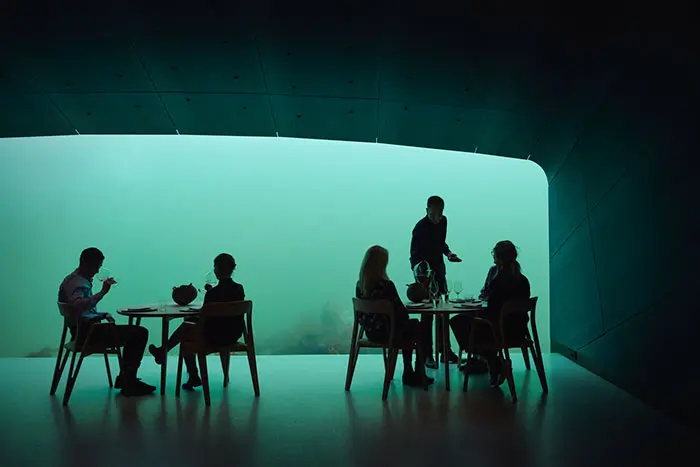
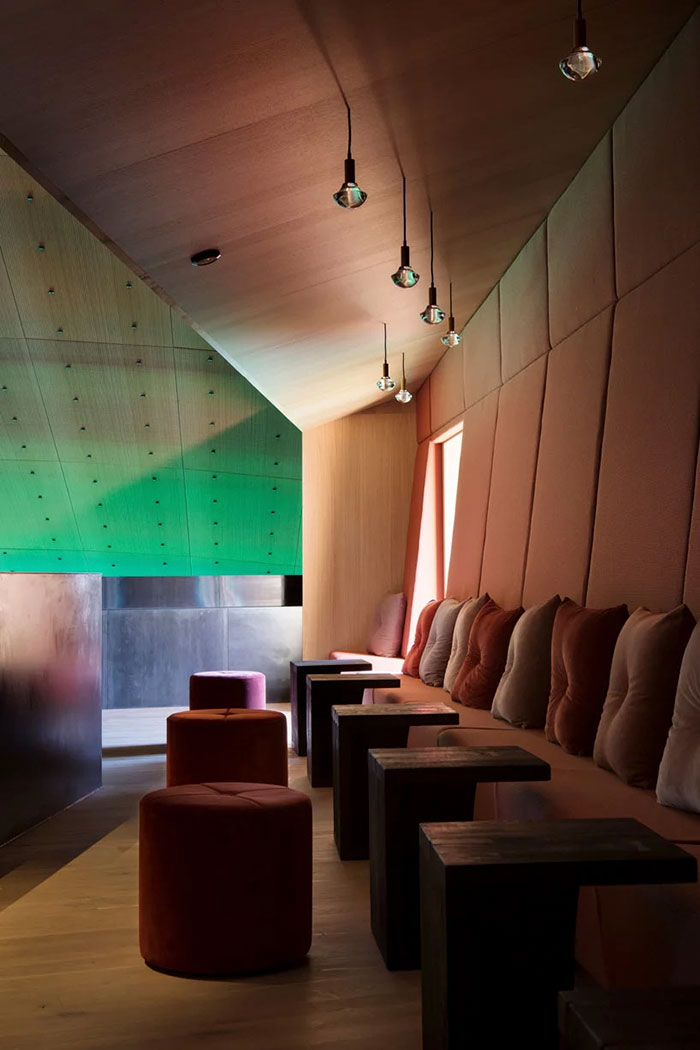
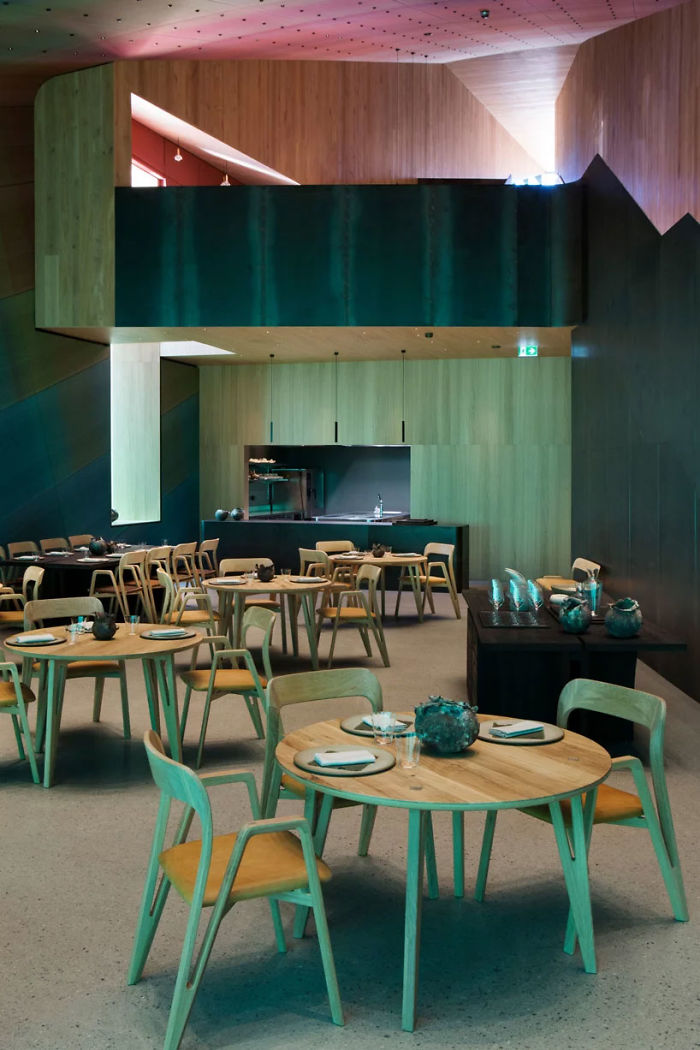
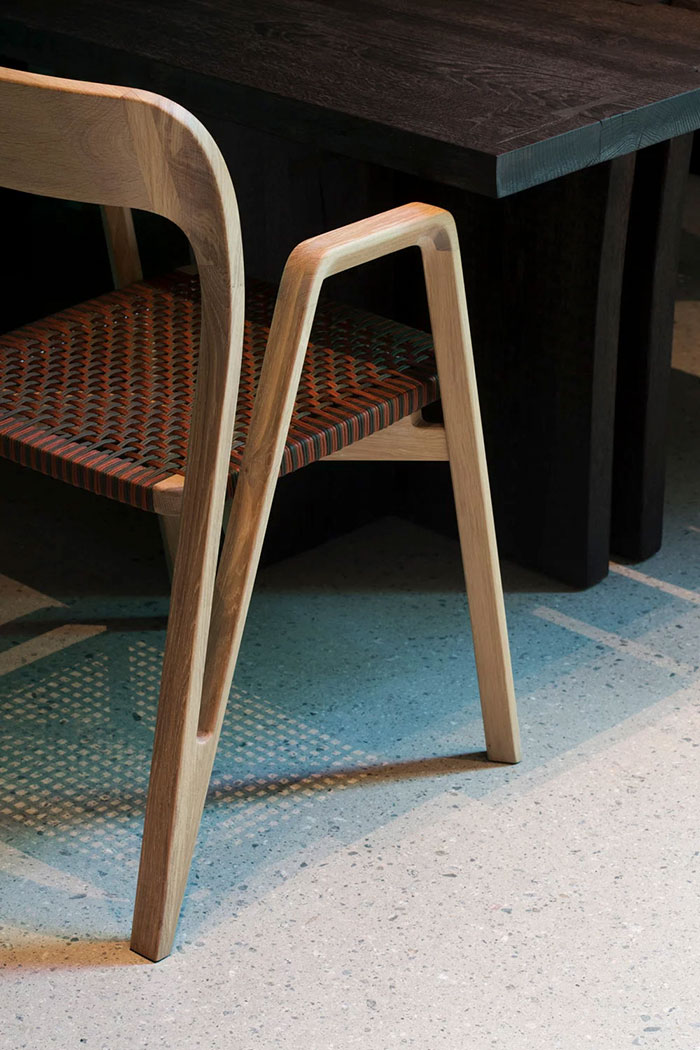
Snøhetta architect Kjetil Trædal Thorsen explains that they aim to make it the new landmark for Southern Norway. True to its name, Under features a new and remarkable perspective by revealing the beauty beyond the waterline. In order to give visitors an unforgettable fine dining experience, this one-of-a-kind restaurant doesn’t only focus on the ambience. Nicolai Ellitsgaard, the head chef of Under restaurant, has brought in an international kitchen team coming from top Michelin restaurants. Needless to say, you can expect nothing but high-quality luxurious foods in the menu. So you can indulge both in the atmosphere and the food.
High end meals
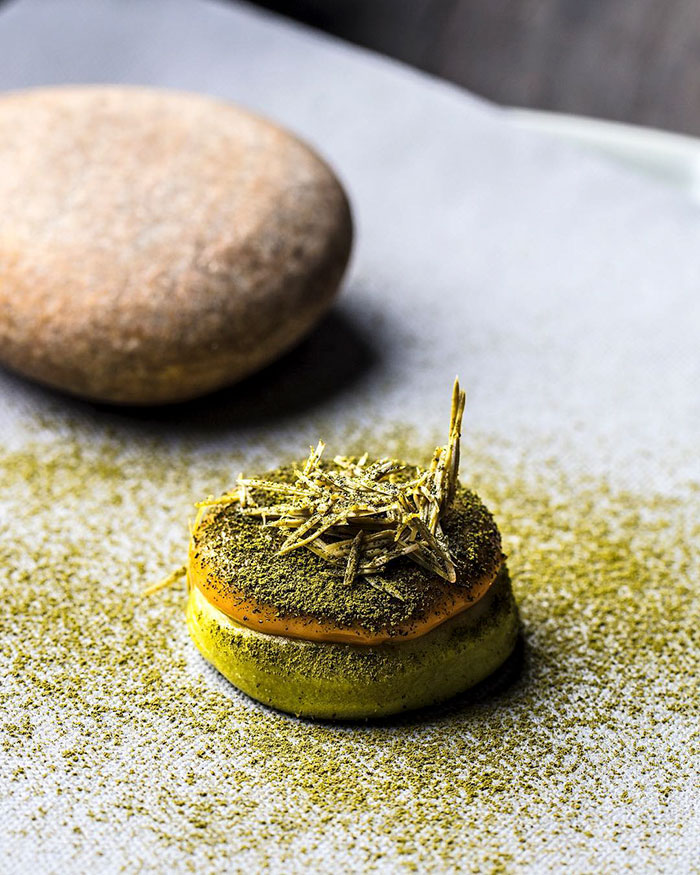
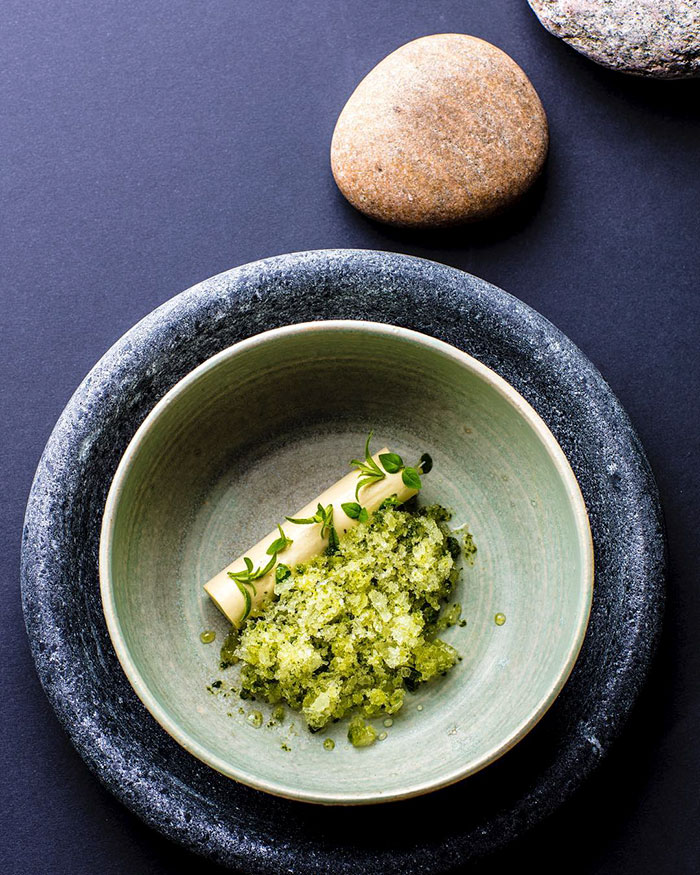
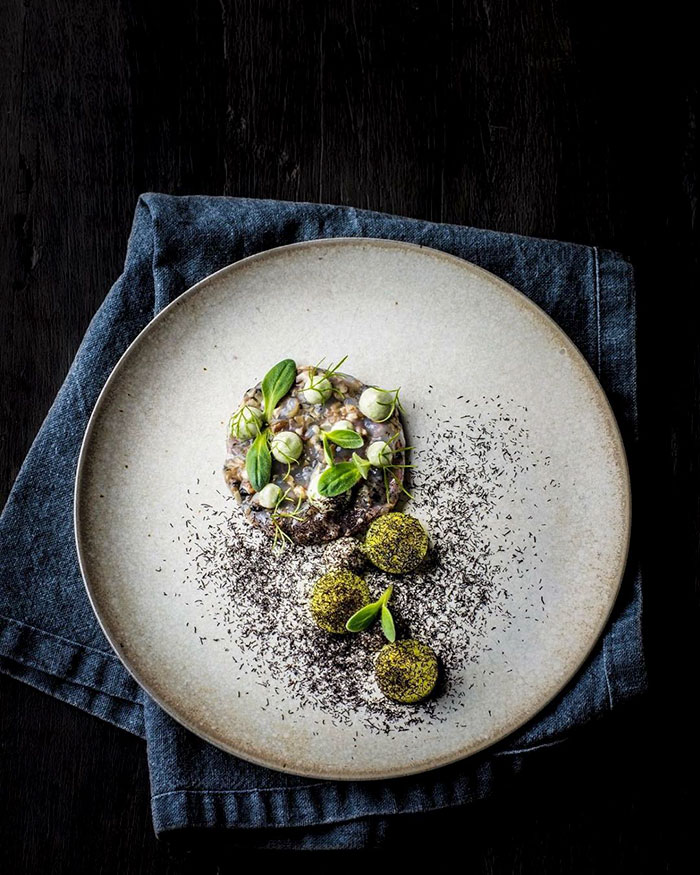
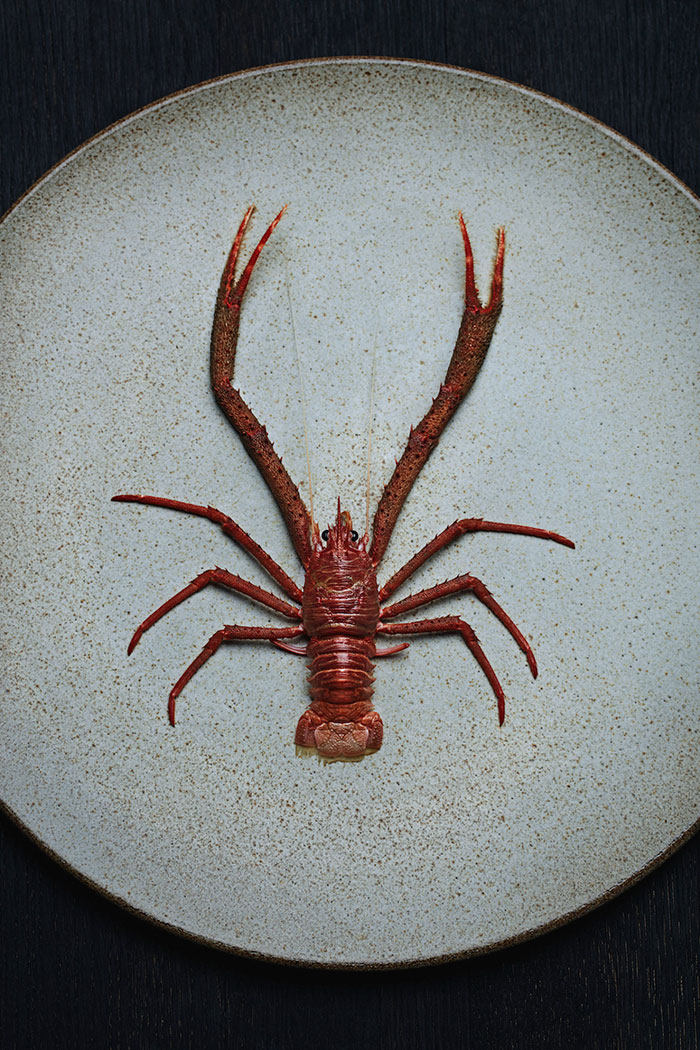
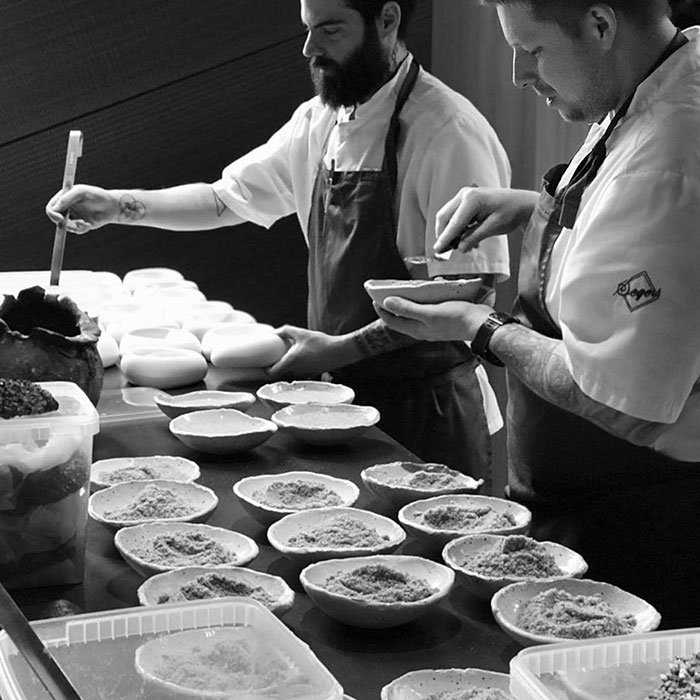
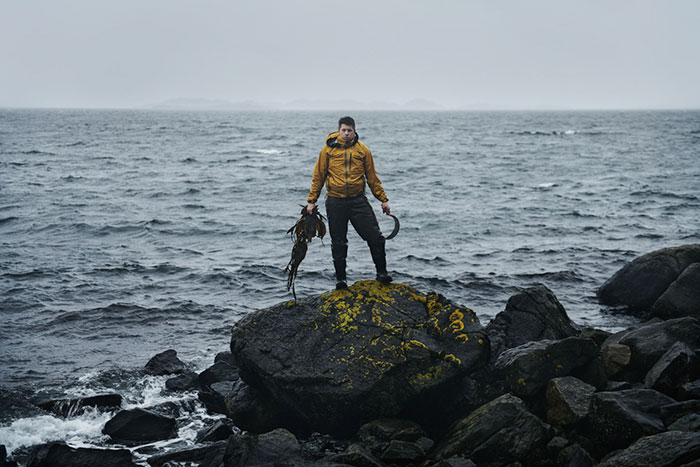
Stunning interior
Guests can access this stunning underwater restaurant by ushering through into an untreated oak-clad entrance. It then brings you into the interior with a warm atmosphere to prevent the feeling of being trapped.
As you descend from land to sea through a giant oak staircase, the textile-clad ceiling panels render the interior with a serene ambience. Furthermore, the oak staircase also serves as the main connection between the cloakroom, champagne bar, and the main restaurant. The furniture perfectly complements the underwater ambience. Charred oak tables with angular chairs add finesse to the rich interior. And ceramics are made from natural sand from the seabed.
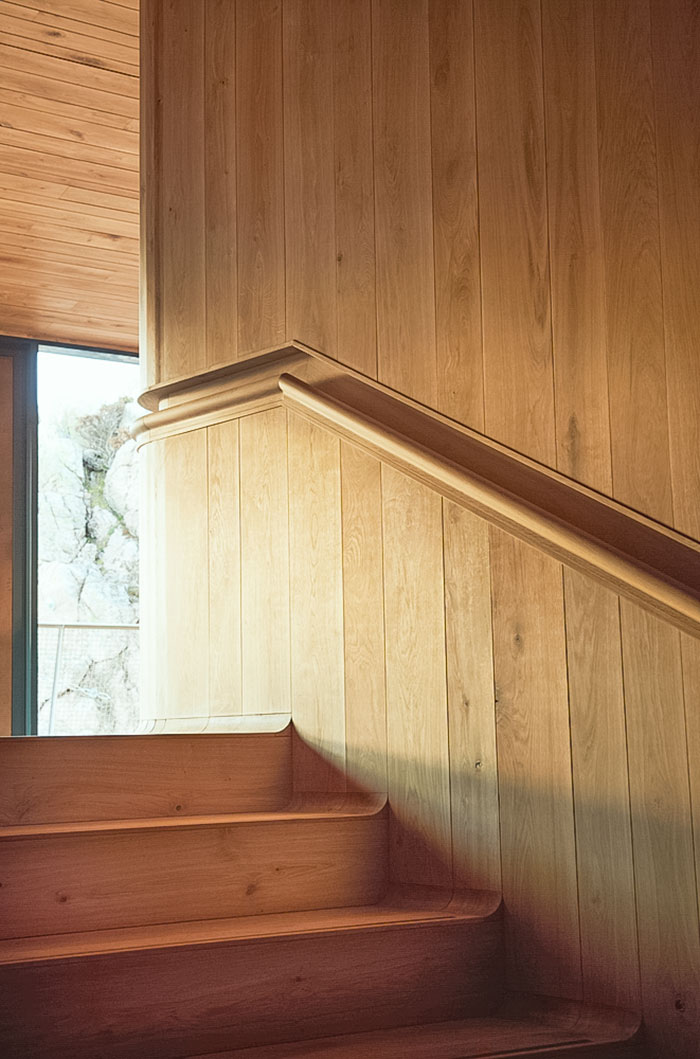
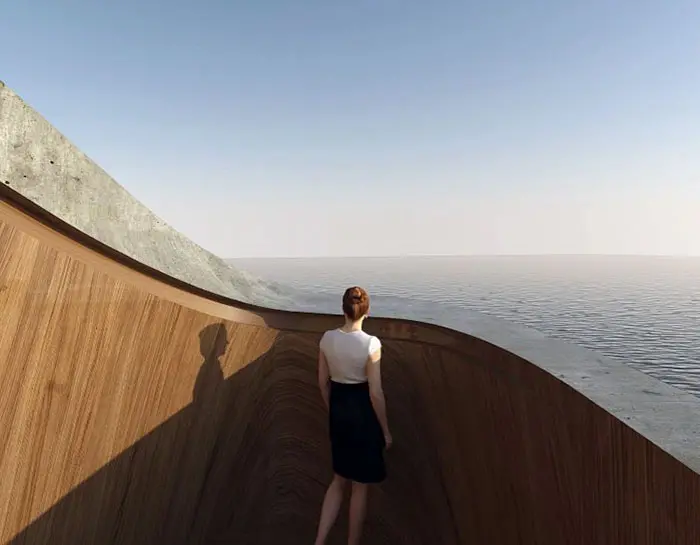
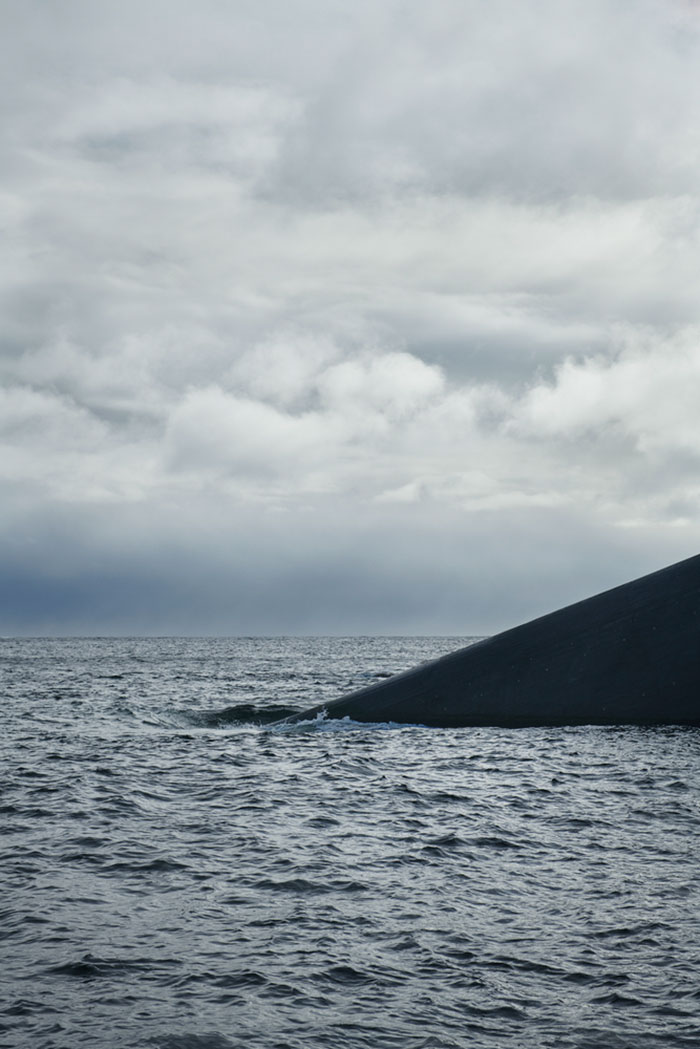
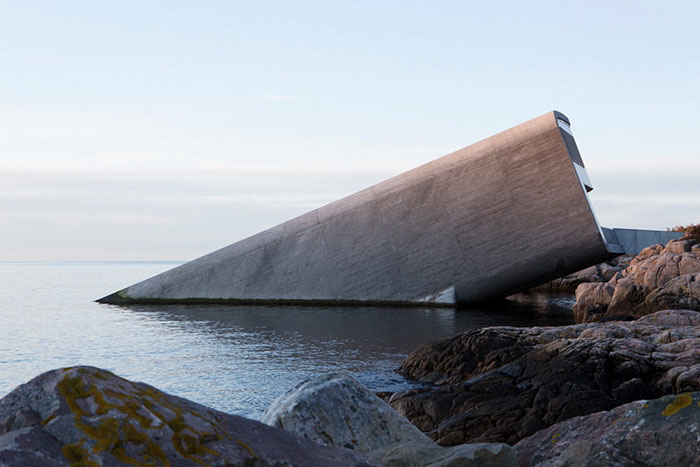
A huge vertical window serves as a wall extending from the champagne bar to the main restaurant. This acrylic transparent wall gives guests a panoramic view of the sea level while allowing daylight to illuminate the interior. In order to let the guests see underwater life at night, Snøhetta employed gentle lighting on the seabed. The lighting technique involves creating a gradient from light colors to deeper shades on the seabed with muted interior lighting.
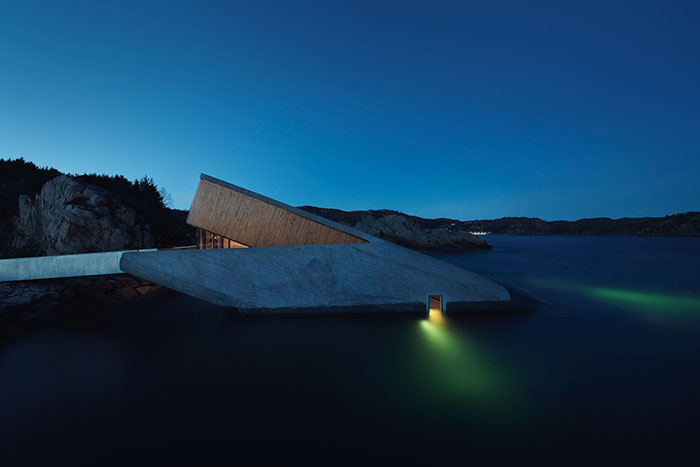
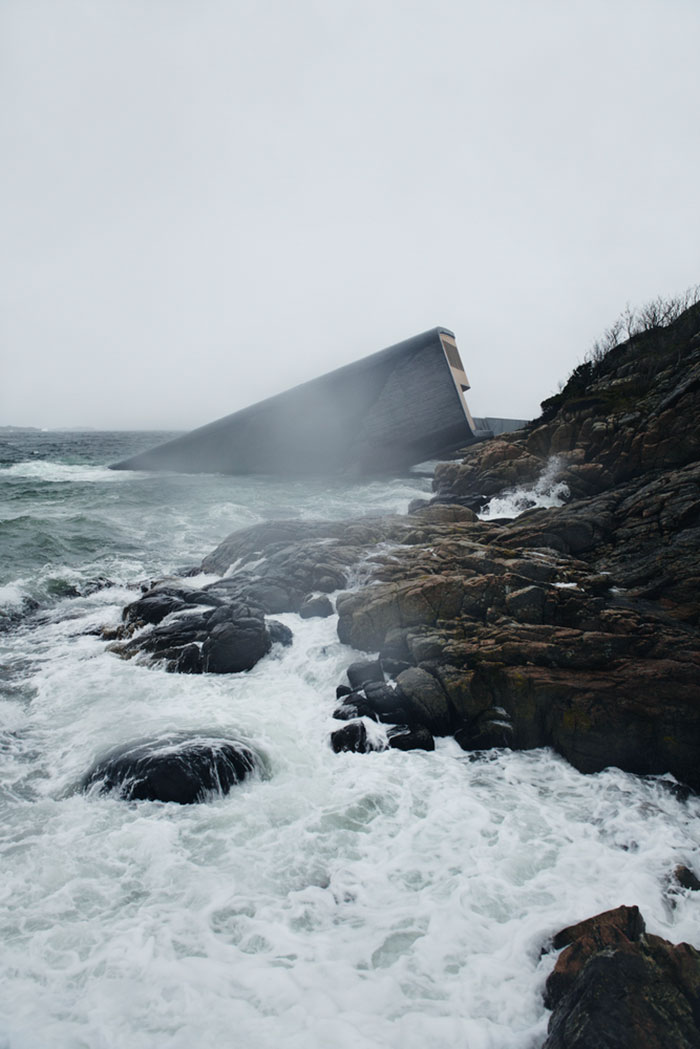
As mentioned earlier, Under isn’t just a restaurant but it also functions as a marine research center. The largest underwater restaurant also aims to educate the public about the biodiversity of marine life. This facility is equipped with cameras and measurement tools to enable research teams to observe fish behavior. Moreover, they can document the behavior of different marine species living in the surrounding areas.
Restaurant building plans
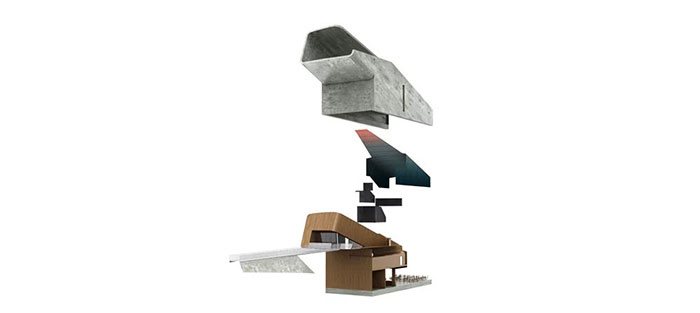
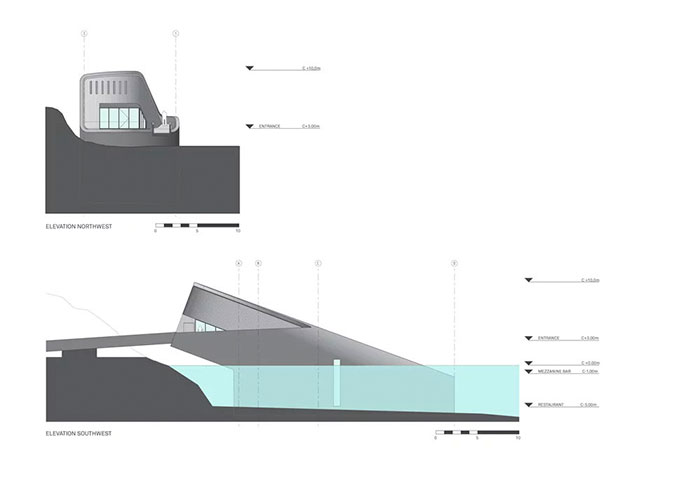
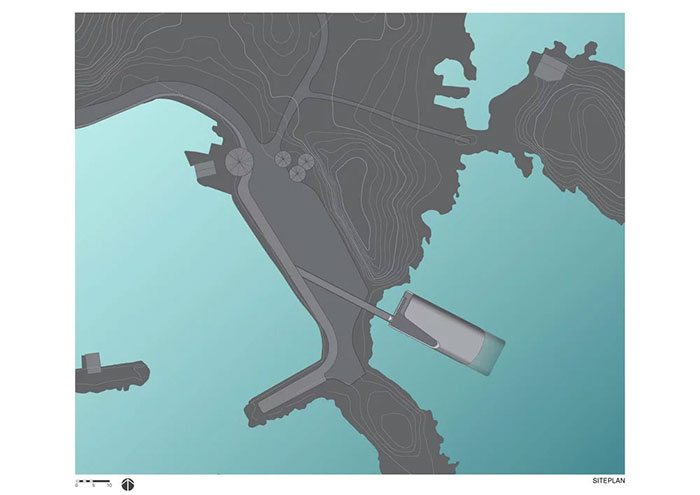
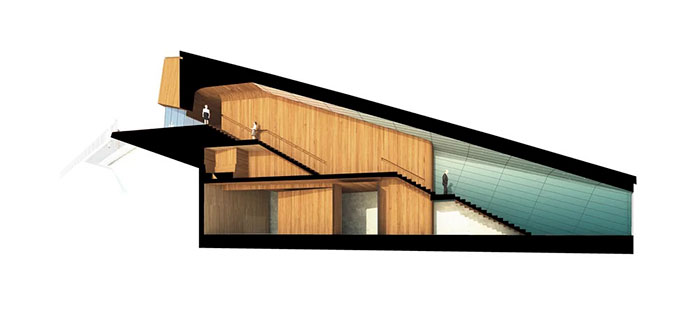
Under’s architectural design channels the exquisite ecological contrast between land and the sea. As well as it highlights the coexistence of land life and marine life. By exhibiting both the contrast and the coexistence of both worlds, people find a new way to understand their relationship with their environment.
Sources: Snøhetta / Under / Instagram / Facebook
Sources: IngerMarieGrini / IvarKvaal

